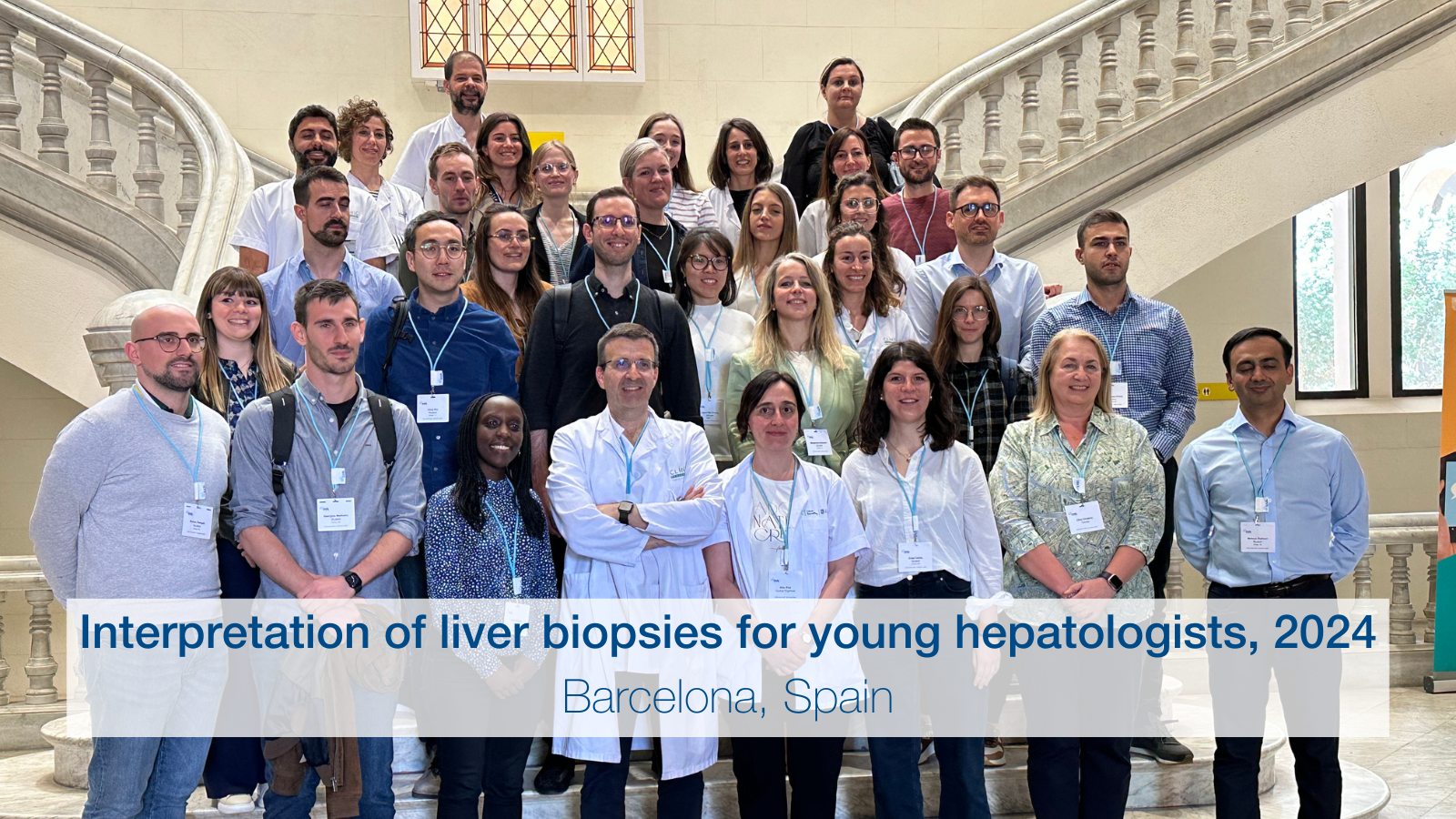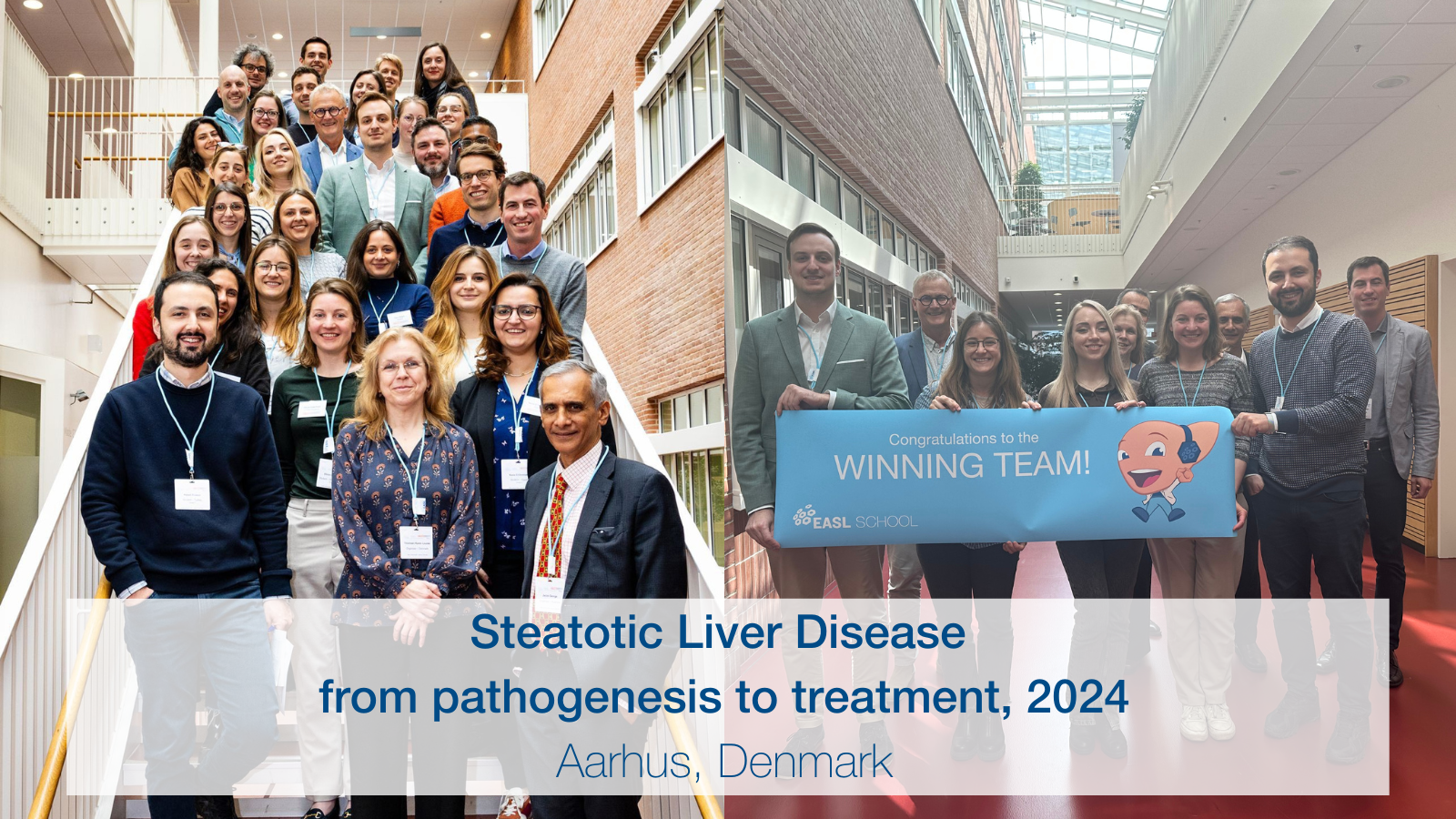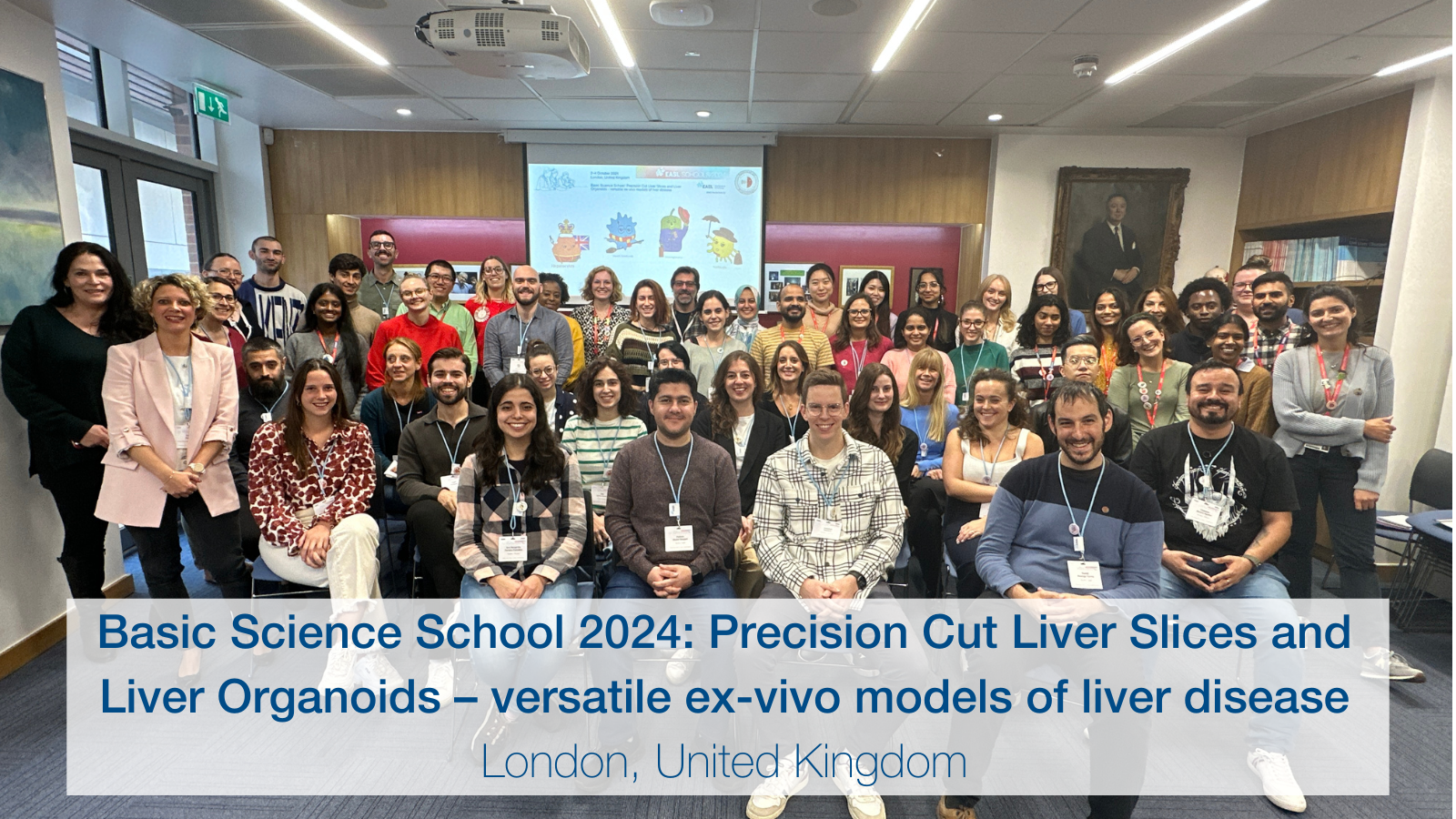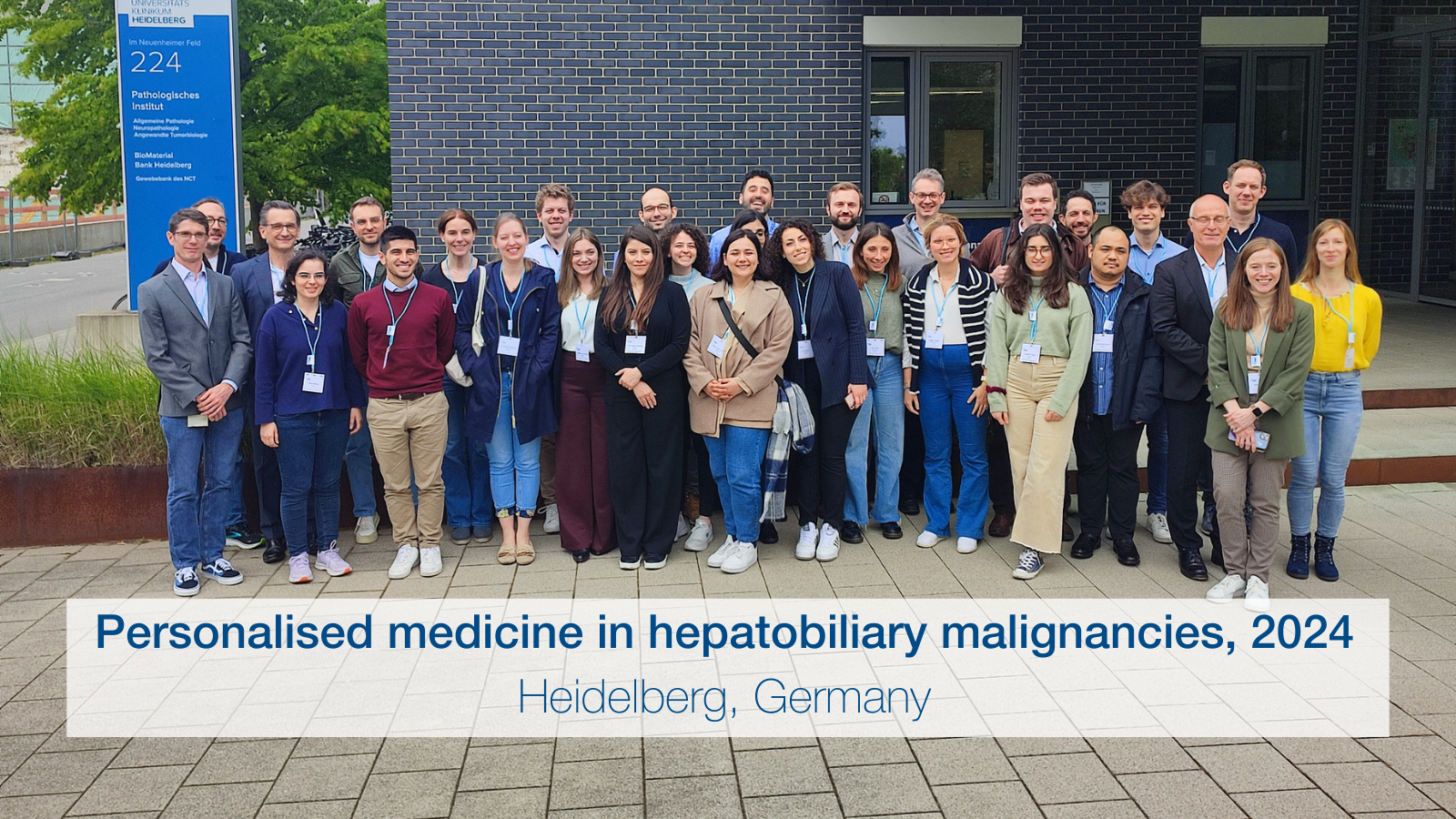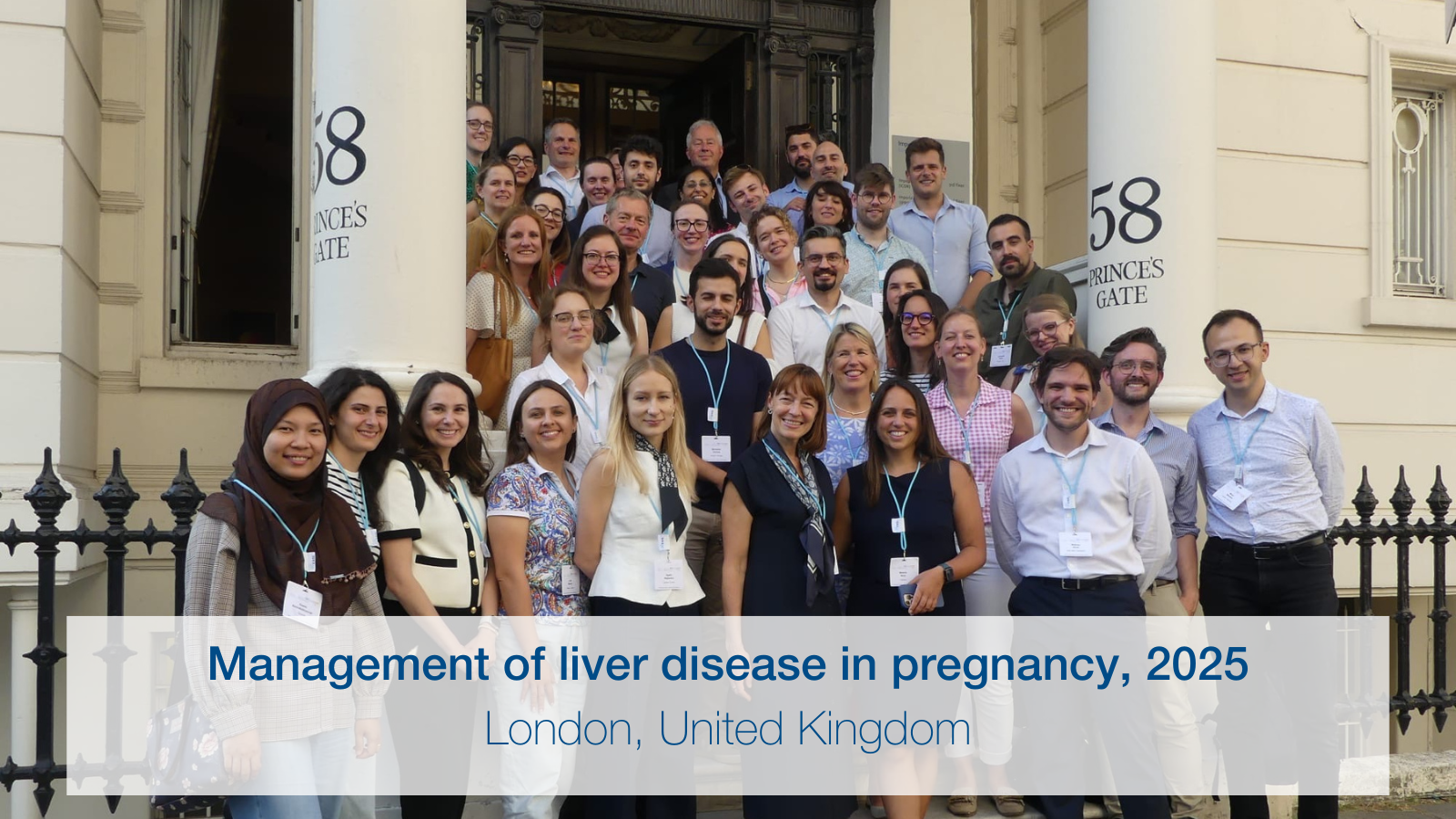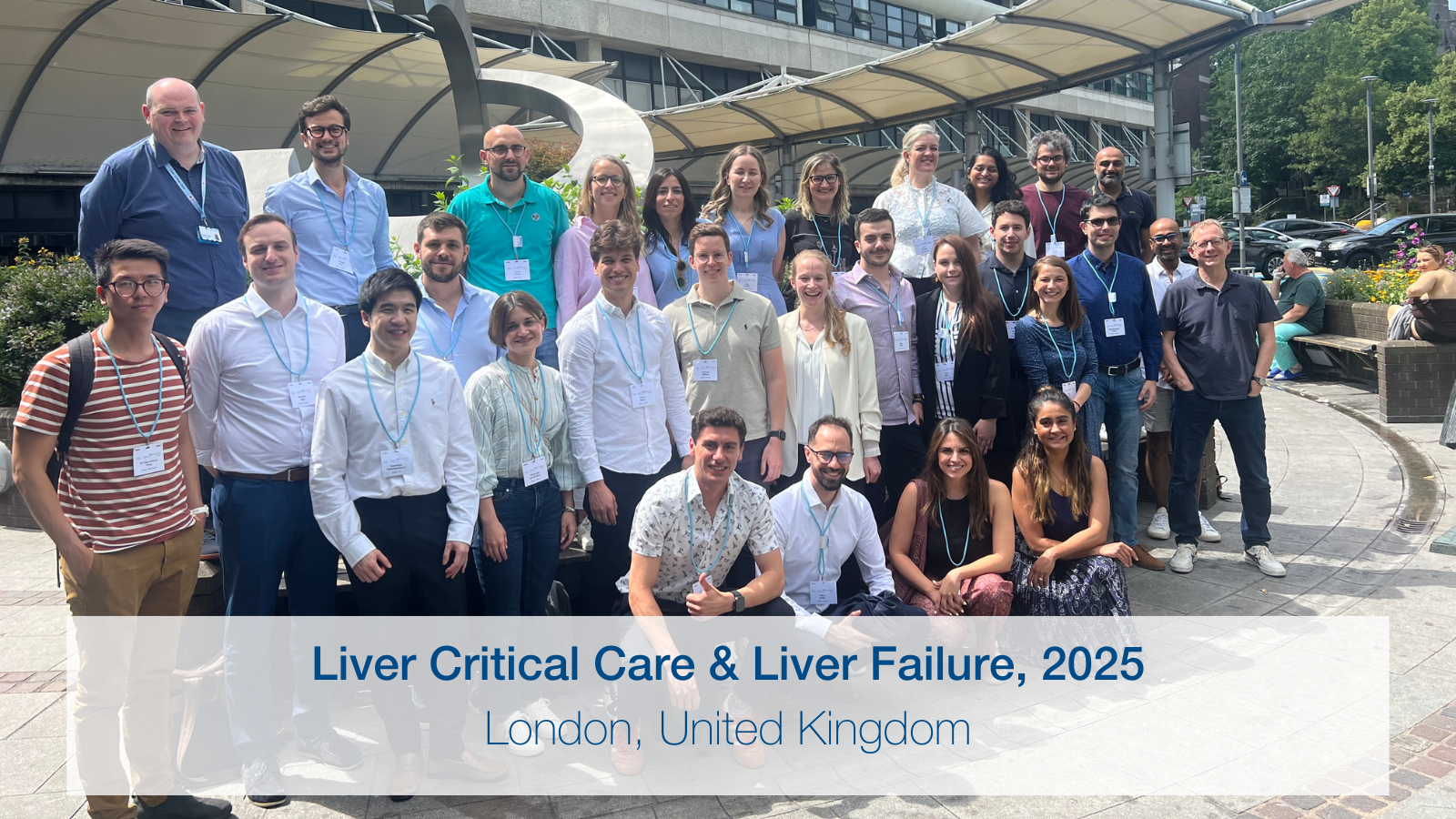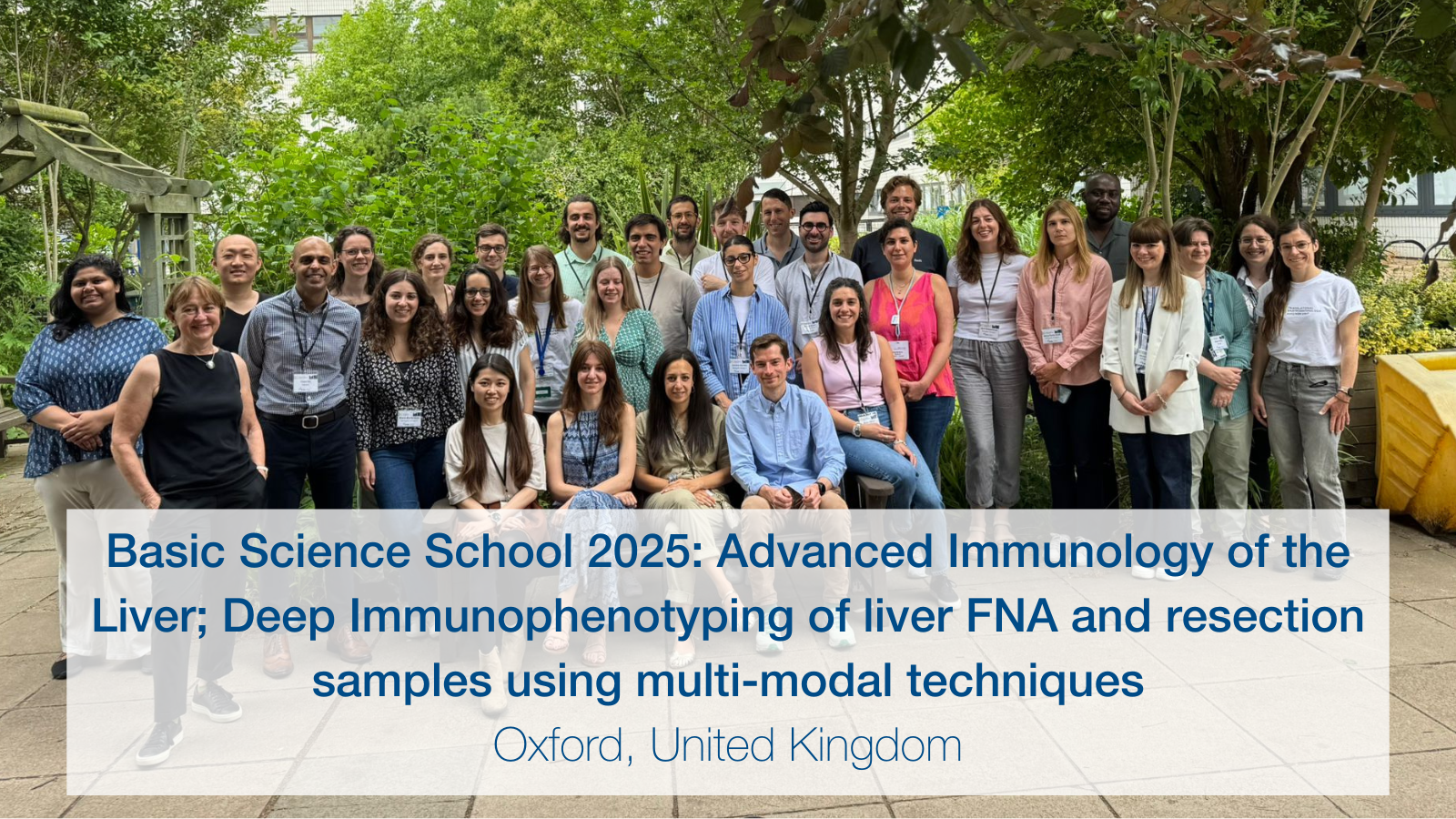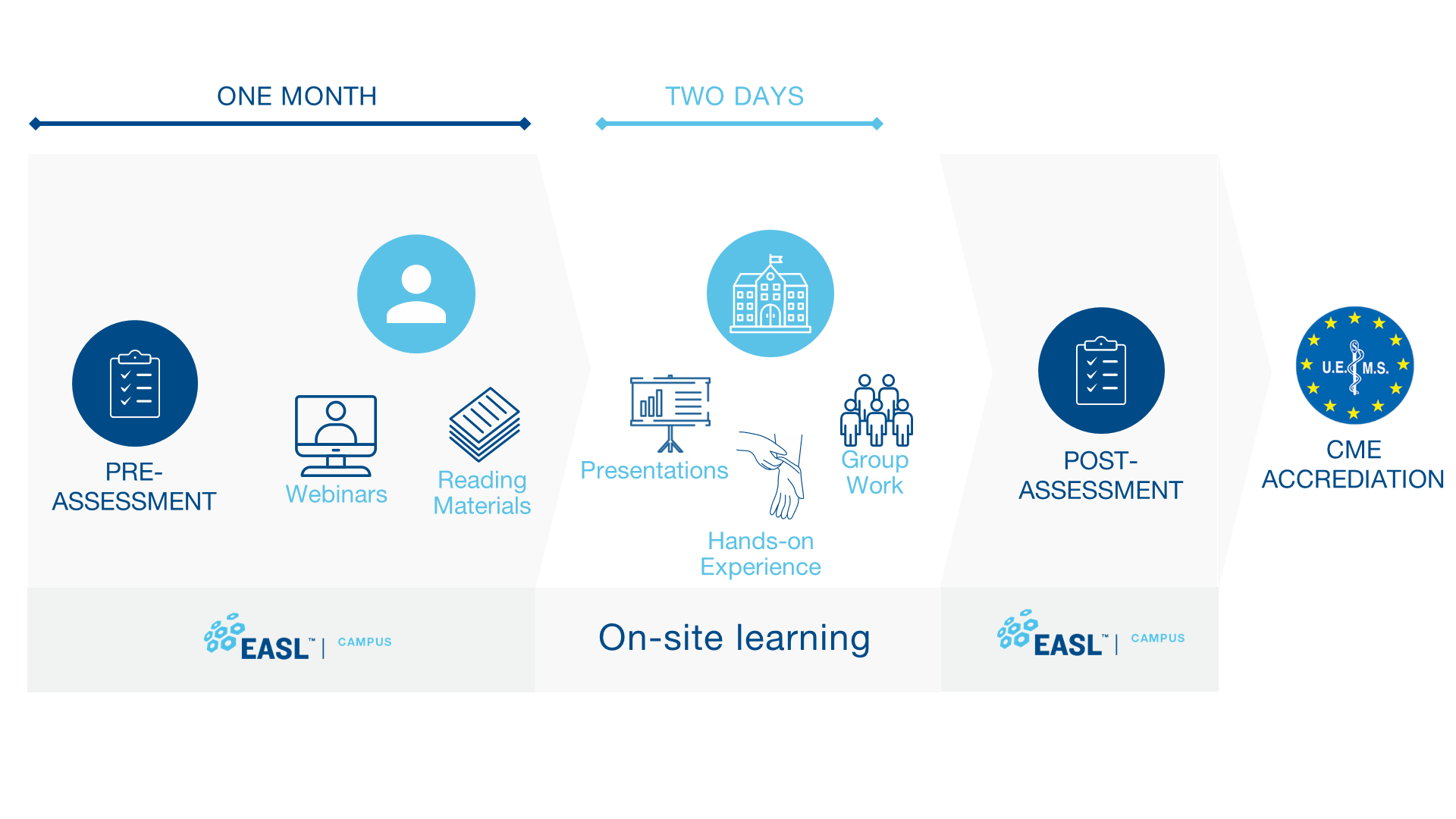EASL Schools of Hepatology
The EASL Schools help train the next generation of hepatologists and scientists. Through individual work, collaborative teamwork and discussions with faculty, students gain invaluable insight into new experimental techniques and clinical approaches.
The format, designed to host 25 students, is “flipped-classroom” based, learner-centric and problem-oriented. Preparation for the onsite learning consists of online course(s) and educational materials hosted on EASL Campus and provided by the school organisers. Students are expected to take the online course(s) and complete the pre-assessments in the month preceding the start of the EASL School. Once onsite, students should work in small groups under the guidance of experienced tutors (Emphasising on teamwork and cooperation). The post-assessments and surveys are conducted on EASL Campus.
CME Accreditation:
EASL applies for accreditation from the European Accreditation Council for Continuing Medical Education (EACCME) for all its educational activities.
The EACCME is an institution of the European Union of Medical Specialists (UEMS) and EACCME credits are recognised by the American Medical Association towards the Physician’s Recognition Award (PRA).
Details of the number of CME’s accredited per event are available on the event web pages.
Requirements for application
- Only EASL members may apply to host an EASL School. If you are not a member yet, you can become an EASL member now.
- EASL Schools must be hosted in dedicated European centres of excellence and be able to accommodate plenary sessions and breakout groups.
- EASL Schools must be led by experts of the hosting institution (Maximum 2 external experts are allowed).
- EASL Schools programme must not exceed 2 days.
- EASL strongly recommends maintaining a minimum gender balance ratio of 70% to 30% among the faculty participating in the EASL School programme.
The proposals will be reviewed by the EASL Educational Committee. EASL will allocate a dedicated budget to the successful applications. EASL office will provide the successful applicants with the related information and guidelines.
Clinical EASL Schools
The programme must be based on the following structure:
Before the EASL School:
- Pre-assessments of the students through EASL Campus (online courses, live webinars, quizzes etc.).
- Group assignment.
Day One:
- Clinical cases study: Student groups are assigned complex clinical cases with tutors to guide them.
Day Two:
- Clinical cases presentations and selection of the winning group.
- State-of-the-art lecture by a renowned expert.
- Students’ evaluation of the school programme and format (Mandatory).
After the EASL School: Post-assessment tests and accreditation of the students through EASL Campus.
To learn more about this EASL School format, discover this year’s schools:
- Management of liver disease in pregnancy, 20-21 June 2025, London (United Kingdom)
- Liver Critical Care & Liver Failure, 20-21 June 2025, London (United Kingdom)
Basic EASL Schools
The programme must be based on the following structure:
Before the EASL School:.
- Pre-assessments of the students through EASL Campus (online courses, live webinars, quizzes etc.).
- Group assignment.
Day One:
- Experimental hands-on sessions.
Day Two:
- Experimental hands-on sessions.
- State-of-the-art lecture by a renowned expert.
- Students’ evaluation of the school programme and format (Mandatory).
To learn more about this EASL School format, discover this year’s school Advanced Immunology of the Liver; Deep Immunophenotyping of liver FNA and resection samples using multi-modal techniques 27-28 June 2025, Oxford (United Kingdom).
Requirements for application
- At the time of the EASL Clinical School applicants must:
- Be ≤35 years old or within one year after completing internal medicine or gastroenterology-hepatology training (with time allowed for parental leave in line with EU standards – 1.5 years per child for mothers and respective time taken off for fathers).
- Hold a PhD and/or MD registered higher medical degree. PhD students specialising in AI in hepatology may apply for the AI in Hepatology School.
- Be an active EASL member.
- Applicants in a full or associate professor position and senior lecturers will not be eligible.
- At the time of the EASL Basic Science School applicants must:
- Be in their seventh year after obtaining their PhD or younger (with time allowed for parental leave in line with EU standards – 1.5 years per child for mothers and respective time taken off for fathers)
- Be an active EASL member.
- Applicants in a full professor position will be considered established leaders and therefore will not be eligible.
- Applicants can only apply to one EASL School per year.
- Approximately 25 places are available for each school. Please make sure your EASL membership is active before submitting your application. Become an EASL member.
- Applicants should provide the following information:
- Full name & contact details
- Nationality & date of birth
- Participation in previous EASL Schools of Hepatology
- List of publications / abstracts
- Training, positions, year of completion
- Referee name & contact details
- CV (PDF format)
- Letter of motivation (PDF format)*
- Letter of recommendation (PDF format)*
- Copy of ID with birth date or proof of training
* The recommendation and motivation letters should explicitly state the reasons for the applicant’s participation, including how the programme will benefit the applicant’s professional development and contribute to the advancement of their laboratory or institution.
Travel & housing coverage policy
- Economy class roundtrip tickets. Travel allowance up to EUR 400. EASL will cover transportation to the host city by plane, train, and/or bus. However, local transfers within the city – such as those between the airport/train/bus station and the hotel, or between the hotel and the school venue – are not included.
- Two nights of accommodation.
- Visas are not covered by EASL.
Discover the 2026 EASL Schools
- Clinical Research Study Design, 12-13 June 2026, Stockholm (Sweden)
- Primary Sclerosing Cholangitis: From Pathogenetic Insights to Novel Therapies, 12-13 June 2026, Hamburg (Germany)
- Artificial Intelligence in Hepatology, 26-27 June 2026, Dresden (Germany)
- Basic Science School: The Spatial Biology of Liver Disease , 2-3 October 2026, Utrecht (the Netherlands)
Masterclass
Selected participants will attend a two-day intensive training session with a curriculum designed for future leaders in academic hepatology. The programme consists of academic lectures, interactive break-out sessions, individual meetings with tutors, abstract presentations, a poster session, and social events to give early-stage investigators (MD, PhD, or MD/PhD, or equivalent) the opportunity to network with world leaders in hepatology.
Upcoming Events
-
Primary Sclerosing Cholangitis: From Pathogenetic Insights to Novel Therapies
12-13 Jun 2026EASL Schools & Masterclasses Hamburg, Germany
-
Clinical Research Study Design
12-13 Jun 2026EASL Schools & Masterclasses Stockholm, Sweden
-
Artificial Intelligence in Hepatology
26-27 Jun 2026EASL Schools & Masterclasses Dresden, Germany
-
EASL MASLD Guidelines Academy – Module 1: the basics of MASLD
27-28 Aug 2026EASL Schools & Masterclasses Angers, France
-
EASL MASLD Guidelines Academy – Module 5: Multidisciplinary management and the role of AHCP
17-18 Sep 2026EASL Schools & Masterclasses Pamplona, Spain
-
EASL Basic Science School: The Spatial Biology of Liver Disease
02-03 Oct 2026EASL Schools & Masterclasses Utrecht, Netherlands
-
EASL MASLD Guidelines Academy – Module 2: A deeper dive into MASLD
08-09 Oct 2026EASL Schools & Masterclasses Antwerp, Belgium
-
EASL MASLD Guidelines Academy – Module 3: Multidisciplinary management of the patient with MASLD
12-13 Nov 2026EASL Schools & Masterclasses Aarhus, Denmark


